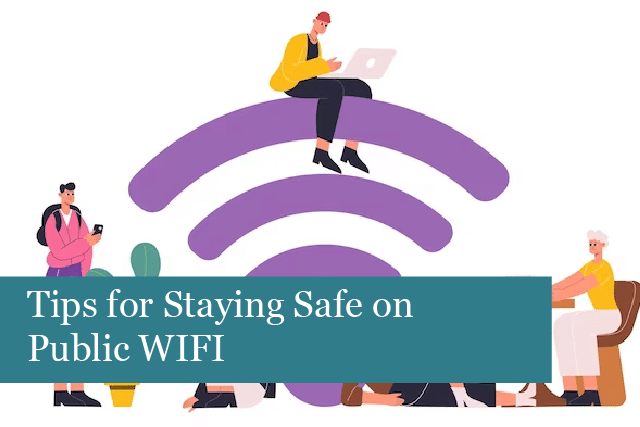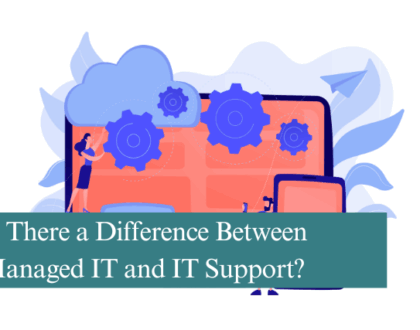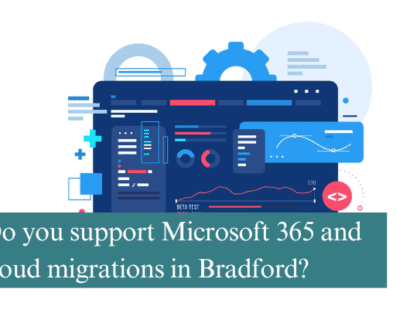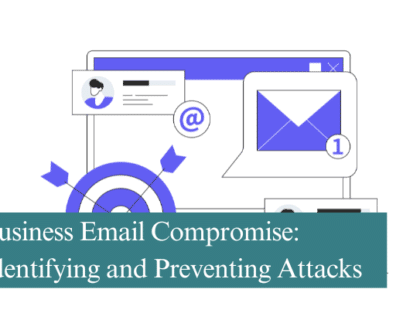
Public WIFI has become a convenience in our daily lives, allowing us to stay online while on the go. However, with this convenience comes the risk of cyber threats. In this article, we’ll explore the 5 essential tips for staying safe on public WIFI, ensuring a secure and worry-free online experience.
Understanding the Risks
What is Public WIFI?
Public WIFI refers to wireless networks provided in public spaces like cafes, airports, or libraries. While convenient, these networks are susceptible to cyber threats.
Importance of Staying Safe
Securing your connection is crucial to prevent unauthorised access to your data, protecting sensitive information from potential hackers.
5 Essential Tips
Use a VPN
A Virtual Private Network (VPN) encrypts your internet connection, providing a secure tunnel for your data. This shields your information from potential eavesdroppers on public WIFI networks.
Enable Two-Factor Authentication
Adding an extra layer of security to your accounts, two-factor authentication ensures that even if your password is compromised, unauthorised access is prevented.
Update Device Security
Regularly updating your device’s operating system and security software patches vulnerabilities, making it harder for cybercriminals to exploit weaknesses.
Avoid Sensitive Transactions
Refrain from conducting sensitive transactions, such as online banking, on public WIFI. Wait until you’re on a secure network to ensure the safety of your financial information.
Forget Unsecured Networks
Manually connecting to unsecured networks puts your data at risk. Set your device to forget these networks to avoid accidental connections.
Benefits of VPN
Anonymity and Privacy
A VPN provides anonymity by masking your IP address, ensuring your online activities remain private, away from prying eyes.
Encryption of Data
The encryption offered by a VPN secures your data, making it unreadable to anyone attempting to intercept it, adding an extra layer of protection.
Two-Factor Authentication
How it Adds an Extra Layer of Security
Two-factor authentication requires a second form of verification, such as a code sent to your phone, enhancing the security of your accounts.
Setting it up on Different Devices
Implementing two-factor authentication across various devices ensures comprehensive protection, reducing the risk of unauthorised access.
Device Security
Importance of Regular Updates
Frequent updates strengthen your device’s security, closing potential loopholes that could be exploited by cyber attackers.
Antivirus and Firewall Usage
Installing reliable antivirus software and activating your device’s firewall are essential steps in preventing malware and unauthorised access.
Safe Online Transactions
Recognising Secure Websites
Look for HTTPS in the website URL and a padlock icon in the address bar to identify secure sites for online transactions.
Using Trusted Payment Methods
Opt for reputable and secure payment methods when conducting online transactions, minimising the risk of financial fraud.
Identifying Unsecured Networks
Signs of a Secure Network
Check for network names with proper identification and password protection, ensuring a secure connection.
What to Avoid
Steer clear of networks with generic names, missing passwords, or those prompting you to download unknown files—these are potential security risks.
Real-life Stories
Instances of cyber attacks on public WIFI serve as cautionary tales. From data theft to identity breaches, these stories emphasise the importance of implementing security measures.
FAQs
How does a VPN work?
A VPN encrypts your internet connection, creating a secure tunnel for data transmission, preventing unauthorised access.
Can two-factor authentication be hacked?
While not entirely foolproof, two-factor authentication significantly reduces the risk of unauthorised access, making it a reliable security measure.
Are public WIFI networks ever safe?
Public WIFI networks can be secure with the right precautions. Implementing the tips mentioned in this article enhances their safety.
Why is device security crucial?
Device security is vital as cybercriminals often exploit vulnerabilities in outdated software. Regular updates strengthen defences.
What are secure online transaction practices?
Secure online transaction practices involve using HTTPS websites, trusted payment methods, and avoiding transactions on public WIFI.
How can one identify unsecured networks?
Look for proper network identification, password protection, and avoid networks with generic names or prompts to download unknown files.
Conclusion
Staying safe on public WIFI is not only possible but imperative in our digital age. By following these 5 essential tips, you’ll fortify your online defences, ensuring a secure and enjoyable internet experience.
Recommended Posts

Is There a Difference Between Managed IT and IT Support?
13th June 2025


